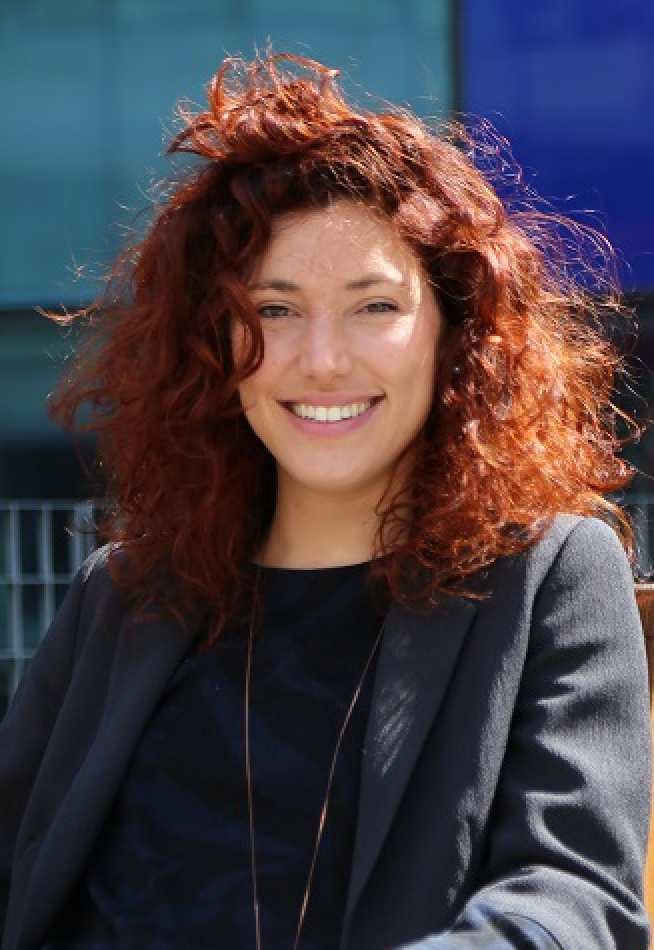Georgia Rossi
Giorgia is a 3rd Year PhD Student in the Communications and Signal Processing Group and is supervised by Professor Kin Leung.

Where and what did you study for your undergraduate degree?
I come from Rome and I studied at the Universitá degli Studi di Roma Tre. There I completed a Batchelors in Electronic Engineering and a Masters in Telecommunications.
Why did you choose to study at Imperial?
During my Masters I spent time as an exchange student in Finland and I really liked my experience abroad, meeting new people and learning English. I also had the opportunity to do my final project abroad as long as I could find a supervisor. I sent out a lot of emails all around the world, including to Imperial as it's one of the best universities, and Professor Leung responded. While we were working together, he asked if I was interested in continuing with a PhD in his group and I said yes, and was interviewed for the position. When I was working on my MSc project I was a guest of the Communications and Signal Processing research group in the Electrical and Electronic Engineering Department so I knew what the atmosphere would be like.
What is your research project about?
I am working with wireless networks specifically with vehicular ad hoc networks (VANETs)( http://www.commsp.ee.ic.ac.uk/~wiser/phdscheme/). These networks will allow vehicles to communicate with each other without any fixed infrastructure. We already have cars that can park on their own, sense if another car is getting too close - they are becoming completely autonomous. The next step is for them to be able to communicate with each other.
The idea behind the project is that if for example there is an accident or congestion somewhere, cars will be able to communicate the details to other vehicles to enable them to avoid it. A more serious application would be that if there is a natural disaster that destroys all the fixed network infrastructure, you need to rely on something else. In these situations in order to get help to people you need a network that you can deploy easily. The network could also work with drones that communicate with each other as well as with manned vehicles.
What do you enjoy most about your PhD and studying in London?
One thing I love about London and studying for PhD is that you meet so many different people from all over the world and find out about different cultures. In London you can find any kind of food and all kinds of experiences, and it's so big! The experience as a student at Imperial is so organised and efficient - if you have a problem you can ask someone to help you and they will help you solve it.
What do you hope to do when you graduate?
I am still unsure, but eventually I think I want to work in industry, in a research department.
Advice on people looking to do PhD in EEE
People should be prepared that doing a PhD is like a rollercoaster with highs and lows. Sometimes your experiments will not work, but then other times they will work, and you might get a paper accepted and you feel amazing. You need to be prepared for this kind of experience. Also be prepared that although you have supervision, it is your research and you cannot expect people to always tell you what to do.


